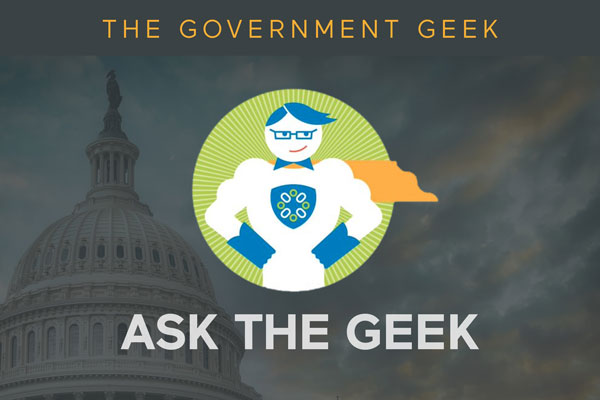Nearly 30% of American workers must obtain a government-issued license to work, according to a working paper published by the National Bureau of Economic Research in January. And in the healthcare sector, over 75% of non-physician practitioners need a license.
According to the author’s of the paper, Occupational Licensing and the Healthcare Labor Market, “excessive licensing in the healthcare sector could unnecessarily limit access to medical care and contribute to rising healthcare costs—two problems that continue to plague the sector.”
The paper examines the labor market impacts of “scope of practice” restrictions related to a nurse practitioner (NP) occupational license. Scope of practice (SOP) refers to the set of actions that a license allows the relevant healthcare provider to legally perform. For nurse practitioners, state law sets their scope of practice, including tasks they perform with and without physician oversight.
The authors conclude that expanding the scope of practice for nurse practitioners increases job postings for NPs without affecting the job postings for other healthcare providers, such as physicians and nurses; they estimate a 30% increase in job postings for nurse practitioners—beginning two years after expanding the scope of practice for nurse practitioners. For additional conclusions and to read the paper, go to the NBER website.
To read more articles like this, subscribe to our newsletter to receive the latest regulatory news delivered to your inbox each week.


